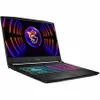Gaming laptop vs. gaming PC: Here’s what’s right for you
What is the price of mobility?

Sign up to receive The Snapshot, a free special dispatch from Laptop Mag, in your inbox.
You are now subscribed
Your newsletter sign-up was successful
I understand the irony of coming to Laptop Mag to figure out if you should buy a gaming laptop or gaming PC, but I can assure you as someone who has built his own PC, there will be no bias here.
This won’t be a traditional face-off where I definitively say which is better, but I will give you the tools to make this financial decision for yourself. Whether you maintain your budget in the triple digits or you’re shooting for the moon with five stacks in your pocket, it’s a lot of money to bank on a product you likely won’t get any hands-on time with before you buy.
That’s why I’ll diligently break down the do’s and don’ts when deciding to purchase either a gaming laptop or a gaming PC.
Gaming laptop vs. gaming PC: Price and budget
It’s important to temper your expectations when you’re deciding between a gaming laptop and a gaming PC. An important factor in your buying process will be the price, and what sort of budget you’re coming to the table with. You might have figured this out by now, but gaming laptops are more expensive than gaming PCs. I will be talking about pre-built PCs going forward, but if you’re someone who likes to build, you’ll save more money.
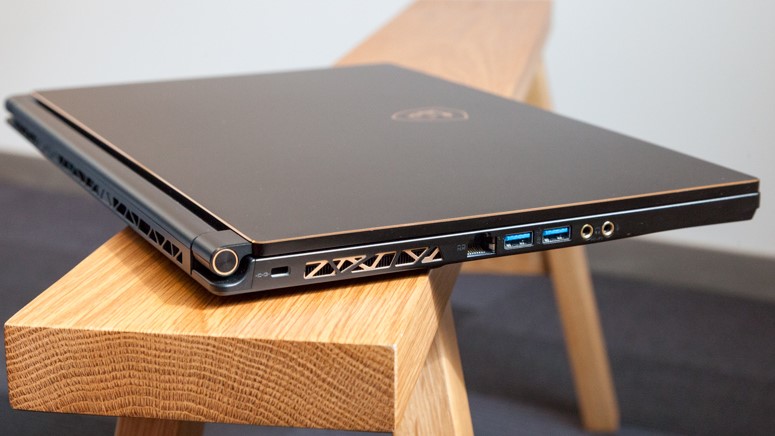
If you want to go all out on a gaming laptop, something like the MSI Titan 18 HX (2024) costs $5,399 and comes with an Intel Core i9-14900HX CPU and Nvidia GeForce RTX 4090 16GB GPU. Meanwhile, iBuyPower sells a gaming PC for $3,619 that comes with an Intel Core i9-14900KF CPU and an Nvidia GeForce RTX 4090 24GB GPU. If you’re looking at the components that impact performance, you’re getting a better deal with a gaming PC.
However, what a gaming laptop like the MSI Titan 18’s cost also accounts for is the display, keyboard, speakers, and webcam. These are all components that you’ll have to buy separately from a gaming PC. That’s good or bad, depending on what you want. Unfortunately, sometimes the price adds up to be the same at the end.
Buy a gaming laptop if: You want a simpler purchase with an uncomplicated budget
Sign up to receive The Snapshot, a free special dispatch from Laptop Mag, in your inbox.
or
Buy a gaming PC if: You don’t mind spending time making lists and filling up the shopping cart
Gaming laptop vs. gaming PC: Features and customizability
When we talked about the price of what you get and don’t get out of a gaming laptop vs. a gaming PC, customizability and features play right into that wheelhouse.
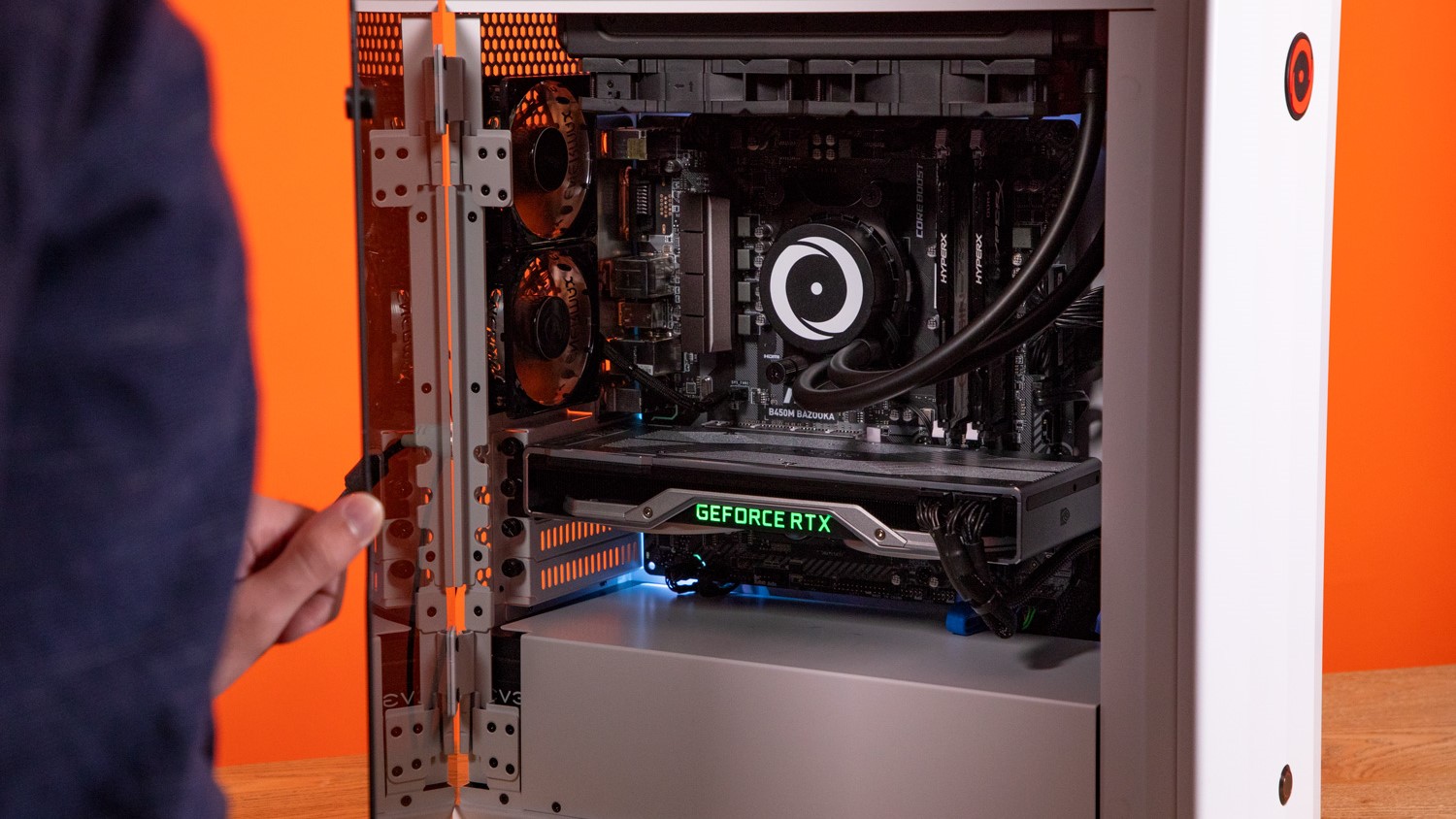
We talked about the obvious. Gaming laptops net you display, keyboard, speakers, and webcam from the jump. Whereas you’ll have to purchase all of those devices individually if you go with a gaming PC. However, getting all of those features to be top-quality in a gaming laptop is incredibly difficult.
Meanwhile, you can pick and choose the best when you go with a gaming PC. Buying a gaming laptop is less work, but you’re stuck with what you get. Buying a gaming PC is more work, but you can be picky.
What we didn’t talk about is what happens after you buy a gaming laptop or gaming PC. If an internal component gets fried in your gaming laptop, you can’t fix it yourself, especially if you don’t want to void the warranty. Meanwhile, if something goes wrong with a gaming PC, you can crack that bad boy open and get to work.
I hate dealing with PCs — too many things can go wrong and it’s frustrating that I have to fix it myself. However, with a gaming laptop, I don’t have the opportunity to do anything about it.
The argument is very similar when it comes time to upgrading. With modern gaming PCs, you can swap out the CPU, GPU, or drive anytime you want to upgrade. However, with a gaming laptop, you have to start saving for a whole new rig. This is a frustrating experience for a laptop owner.
Buy a gaming laptop if: You want an all-in-one package; You’re happy not touching a screwdriver; You’re happy waiting to upgrade
or
Buy a gaming PC if: You care about the quality of accessories; You care about upgrading and maintaining the health of your PC; You want the newest tech as it's available
Gaming laptop vs. gaming PC: Portability
Are you someone who’s always on the go, trying to game when you can? Or, are you someone who appreciates hunkering down and enjoys a focused space for gaming? The decision is as simple as that.
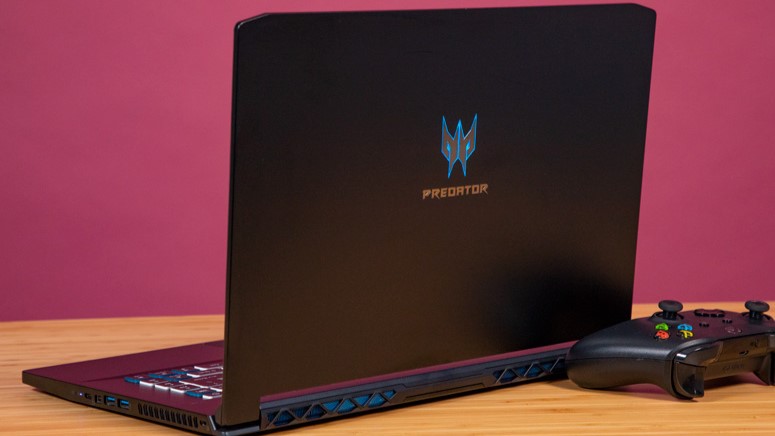
With gaming laptops, you have to worry about battery life, and if you want to experience the full power of its GPU, you’ll still have to plug it in. With gaming PCs, you are always plugged in and there’s no option to do otherwise. As far as traveling goes, there are mini PCs you can haul around, but you are going to need an outlet, a monitor, a keyboard, and a mouse, whereas a gaming laptop only needs an outlet… eventually.
Some gaming laptops have poor battery life, while others, like the Razer Blade 14, can last for an entire workday. A gaming PC will last as long as the power supply allows.
Buy a gaming laptop if: You frequently travel; You like to move around your home; You’re using your laptop for more than gaming
or
Buy a gaming PC if: You’re comfortable gaming in one spot; You prefer having a desk and a station to game
Gaming laptop vs. gaming PC: Performance
Performance is a tricky subject. You won’t believe how much power a gaming laptop can pour out of its tiny soul, but a gaming PC will almost always punch back harder.
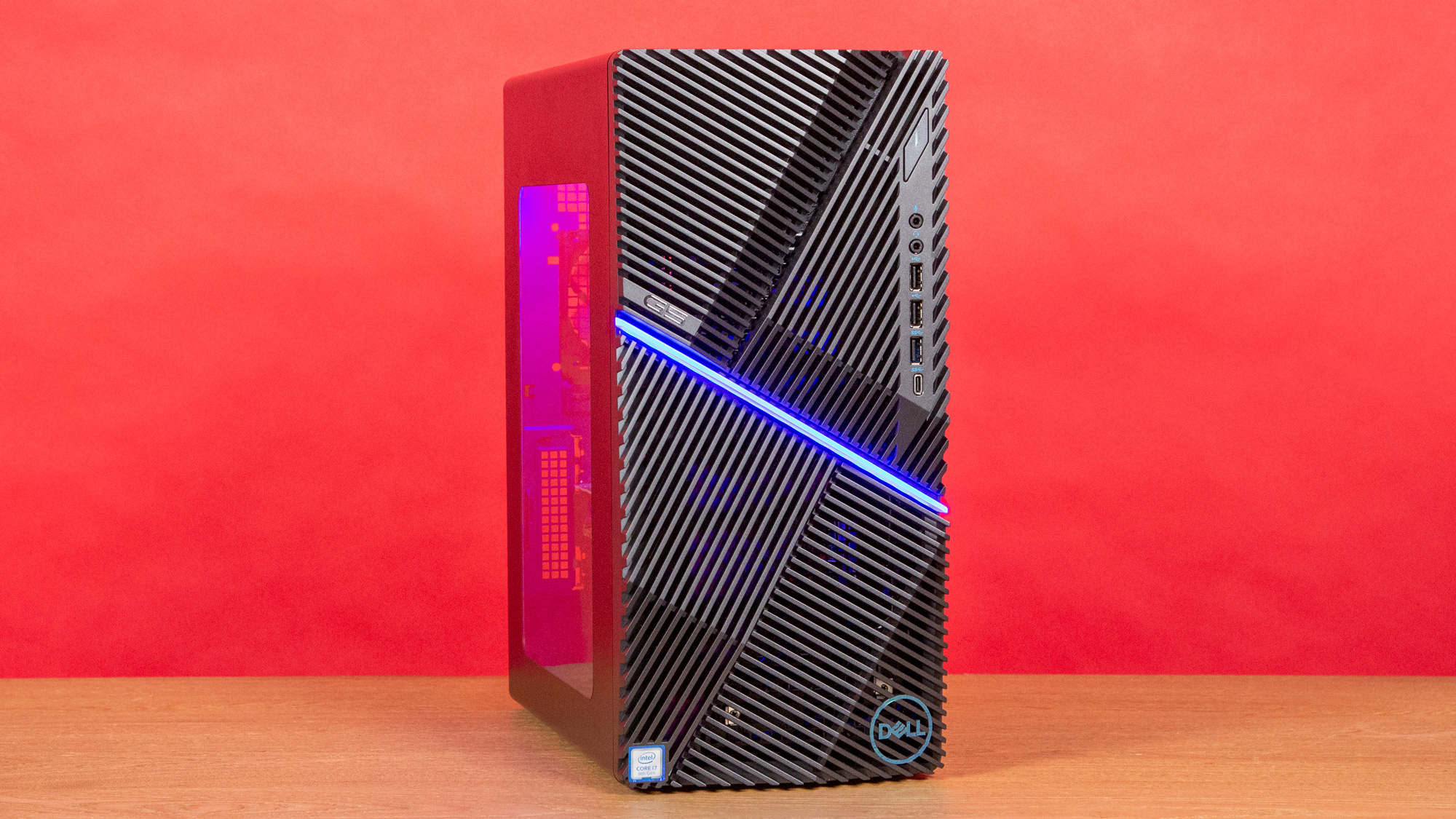
With an RTX 4090 laptop GPU, the MSI Titan 18 HX took on the Far Cry 6 benchmark (Ultra, 1080p) at 120 fps. When Notebookcheck tested the RTX 4090 desktop GPU, it scored 172 fps on the same test. On Assassin’s Creed Valhalla (Ultra, 1080p), the laptop hit 169 fps while the desktop got 220 fps. Those are chunky discrepancies between laptop and desktop-level GPUs.
PC is more powerful, but that doesn’t mean it’s right for you. To benefit from the higher-scale performance that’s offered in desktop GPUs, you need a display that features a high resolution and refresh rate. If you don’t care about the display and just want the game to run at a standard 1080p, 60 fps, you don’t need all the bells and whistles. Typically, a gaming laptop will sport a display that complements the GPU, so you won’t have to worry on that front.
Buy a gaming laptop if: You want quality performance without worrying about which display to buy
or
Buy a gaming PC if: You want to experience the best performance on the best display
Bottom line
Buying a gaming laptop or gaming PC is a big financial decision, so take your time to shop around before you make any purchases. After reading the above, you should have a better idea about what you want.
Whether you’re buying a gaming laptop or a gaming PC, you need to research. We’ve reviewed plenty of gaming laptops for every budget, including gaming laptops under $1,000 and gaming laptops under $1,500. However, we haven’t touched gaming PCs, so we recommend taking a look at our sister sites, such as TechRadar and Tom’s Hardware.
Buy a gaming laptop if: You want an easy purchase; You want to buy something to last you a while; You need to be on the move; You don’t need the best performance
or
Buy a gaming PC if: You’re comfortable with decisions; You like upgrading to new tech; You work great in one place; You want the best of the best

Rami Tabari is the Reviews Editor for Laptop Mag. He reviews every shape and form of a laptop as well as all sorts of cool tech. You can find him sitting at his desk surrounded by a hoarder's dream of laptops, and when he navigates his way out to civilization, you can catch him watching really bad anime or playing some kind of painfully difficult game. He’s the best at every game and he just doesn’t lose. That’s why you’ll occasionally catch his byline attached to the latest Souls-like challenge.








